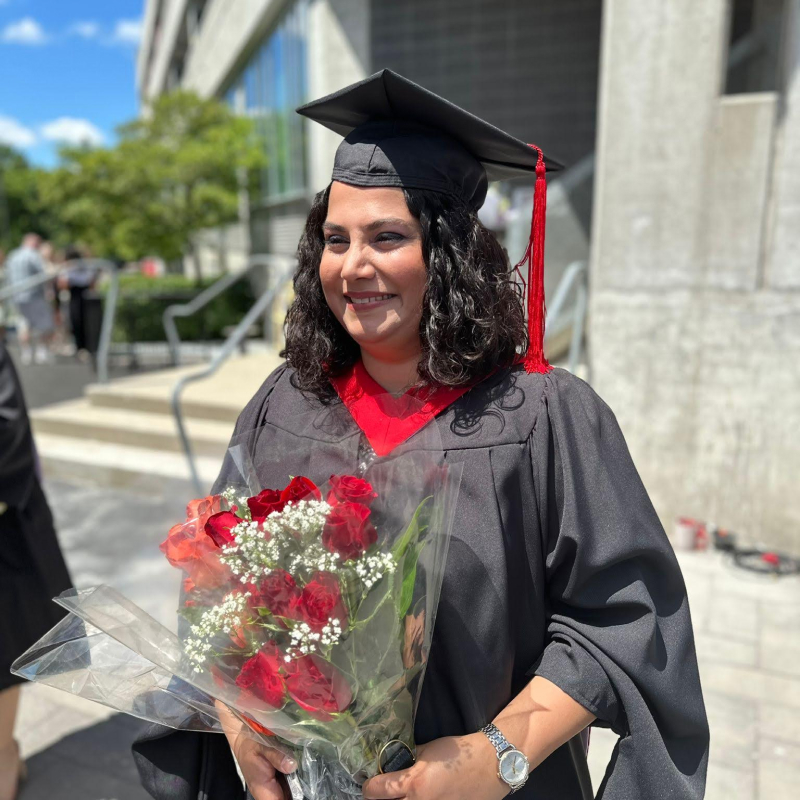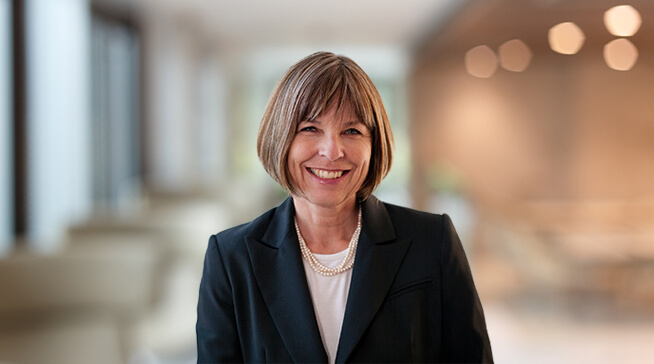Sometimes life takes unexpected turns, but that doesn’t have to stop us from getting where we want to go — just ask L. E. Zamia. At the age of thirty-three, the aspiring urban planner was recently divorced and preparing to enter graduate school when she received difficult news. A large, borderline cyst had developed on her left ovary.
Ms. Zamia had travelled this path before. A decade earlier, she had undergone surgery for another cyst on the right side to mitigate cancer risk; only later did she learn that the surgeon had removed her ovary along with the cyst. Now her doctor told her that she was going to lose the other ovary as well. With her familial cancer history, she recognized the necessity. That didn’t make the news less unnerving.
Grappling with the prospect of losing her fertility, Ms. Zamia began to read up on what to expect and realized she’d have other challenges to face as well. Unlike the gradual onset of symptoms typically associated with ‘natural’ menopause, she learned that with surgical menopause the symptoms could be abrupt. “It’s hard to acknowledge. Hard to accept when someone tells you are going to wake up tomorrow and suddenly feel 20 years older,” she wrote in her journal at the time.
Within a month of the surgery, the symptoms “hit like a truck.” Ms. Zamia experienced extreme mood swings, hair loss and cognitive issues. “I’d be walking in my neighbourhood of 20 years and couldn’t tell which direction my house was,” she recalls. It was a less-than-ideal situation for a first-term master’s student in urban and regional planning — a field that involves extensive technical and process learning in transit, architecture and technology.
“Losing youthfulness and fertility, living in a society that values women based on these two factors, is quite challenging. These values are so ingrained, I had to rethink them myself and try to find value in my own existence.”
An urgent referral from her family doctor led to a consultation with a hormone specialist. Several appointments and a good deal of trial-and-error with oral hormone replacement therapy (HRT) brought some relief, but the insomnia, memory issues and general ‘brain fog’ didn’t fully resolve. The persistent mood swings strained many of her long-term friendships.
Journaling, together with support from an online menopause community, classmates and faculty members helped Ms. Zamia cope during this challenging time. A particularly meaningful connection with a classmate, who was undergoing gender-affirming hormone therapy, helped her feel less alone. “My family offered support as well,” she notes, “but it’s difficult for people who haven’t gone through this themselves to understand just how debilitating surgical menopause can be.”
Refusing to give up, she dug into medical literature looking for possible solutions that could improve her quality of life. That’s when she came across a paper written by Dr. Wendy Wolfman, Director of Sinai Health’s Weston and O'Born Centre for Mature Women's Health and Carol Mitchell Chair in Menopause. Dr. Wolfman’s research showed that transdermal testosterone patches offered some women safe and effective relief from cognitive and mood symptoms from menopause.
Her specialist was not comfortable prescribing testosterone, so Ms. Zamia asked her family physician for a referral to Sinai Health’s Menopause Clinic. Months later, her first appointment with Dr. Wolfman yielded a new treatment plan — and nearly immediate results.
“It was night and day,” she says. “The new treatment gave me hope.”
Hope led to success in her studies and career plans. Ms. Zamia completed her academic research and graduated from York University with a Master’s in Environmental Studies (MES) in Planning in late 2023. Just a week later, she secured a stable position at a renowned consulting firm.
“I used to believe I was powerless in the face of hardship,” the urban planner now reflects. “But life kept placing obstacles in my way. I fought tooth and nail to keep going — and in doing so, I discovered a strength I never knew I had within me.”
Although Ms. Zamia’s journey of adapting to a rapidly maturing body continues to present challenges, she remains hopeful and confident that Sinai Health will support her every step of the way.
Enabled by the generosity of Sinai Health’s philanthropic community, Dr. Wendy Wolfman and colleagues from the Weston and O’Born Centre for Mature Women’s Health are leading the charge to bring similar healing and inspiration to women of all ages, empowering them with the information and medical support they need to optimize their quality of life and well-being. You can help us expand this important work by making a donation today.
The Weston and O’Born Centre for Mature Women’s Health builds upon the legacy of The Frances Bloomberg Centre for Women's and Infants' Health — Canada's largest academic centre for women's health and one of the top five in the world.
Stay up to date with the centre and sign up for our newsletter






